And killing time is perhaps the essence of comedy, just as the essence of tragedy is killing eternity
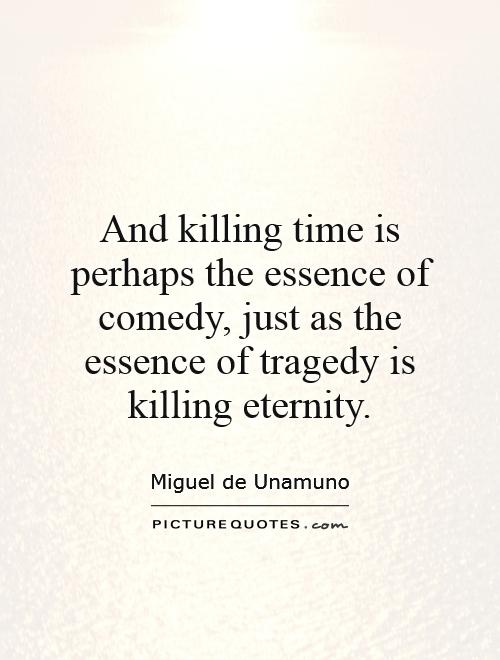
And killing time is perhaps the essence of comedy, just as the essence of tragedy is killing eternity
Miguel de Unamuno, a Spanish philosopher and writer, was known for his deep exploration of the human condition and the complexities of existence. In his works, he often delved into the themes of time, mortality, and the struggle to find meaning in a world that can seem chaotic and absurd. The quote “And killing time is perhaps the essence of comedy, just as the essence of tragedy is killing eternity” can be seen as a reflection of Unamuno’s philosophical musings on the nature of humor and tragedy.Unamuno believed that comedy and tragedy were two sides of the same coin, both stemming from the human experience of grappling with the passage of time and the inevitability of death. In comedy, the characters often engage in frivolous activities or absurd situations as a way to distract themselves from the harsh realities of life. By “killing time” through humor and laughter, they are able to momentarily escape the weight of their mortality and find joy in the absurdity of existence.
On the other hand, tragedy is characterized by a deep sense of loss, suffering, and the crushing weight of eternity. In tragedy, the characters are often consumed by their own mortality and the futility of their struggles. The essence of tragedy lies in the inability to escape the relentless march of time and the inevitability of death. In this sense, “killing eternity” can be seen as a metaphor for the overwhelming sense of despair and hopelessness that can accompany tragic events.
Unamuno’s quote suggests that comedy and tragedy are both ways in which humans grapple with the complexities of existence. While comedy offers a temporary reprieve from the harsh realities of life, tragedy forces us to confront the inevitability of our own mortality. By exploring these themes in his works, Unamuno invites readers to reflect on the nature of humor, tragedy, and the human experience as a whole.
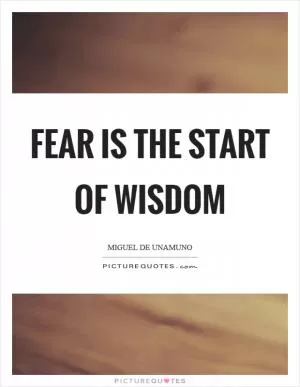
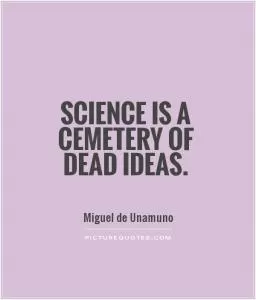
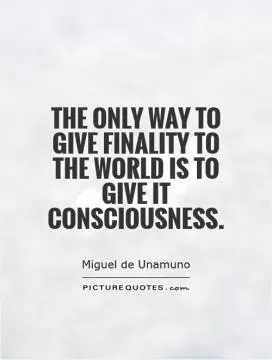
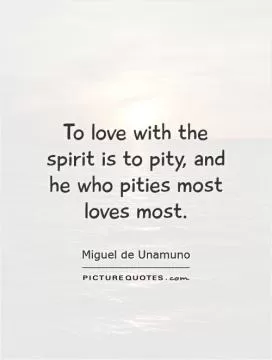
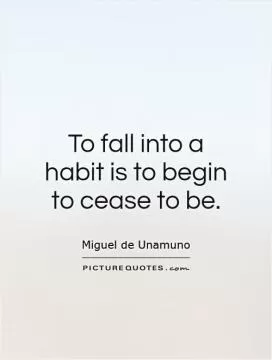

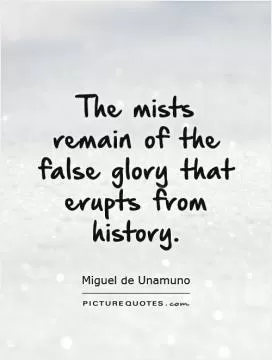
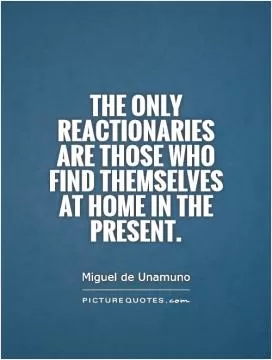
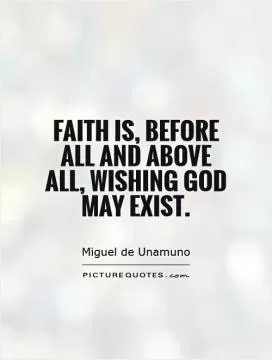
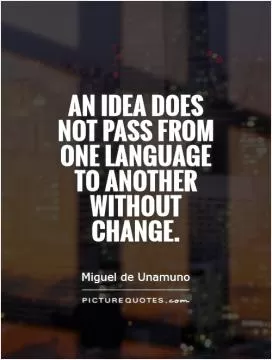
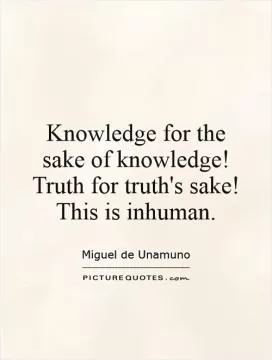
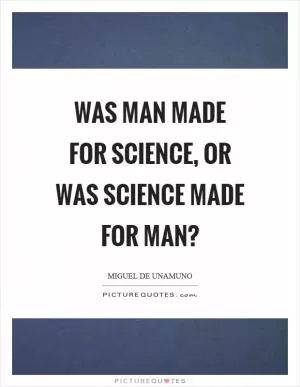
 Friendship Quotes
Friendship Quotes Love Quotes
Love Quotes Life Quotes
Life Quotes Funny Quotes
Funny Quotes Motivational Quotes
Motivational Quotes Inspirational Quotes
Inspirational Quotes